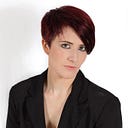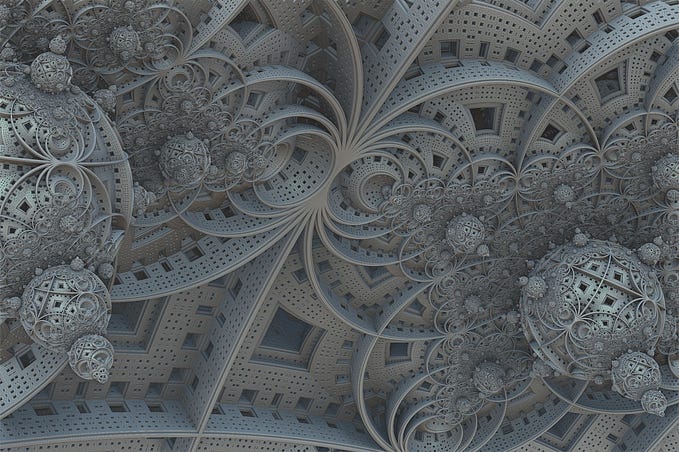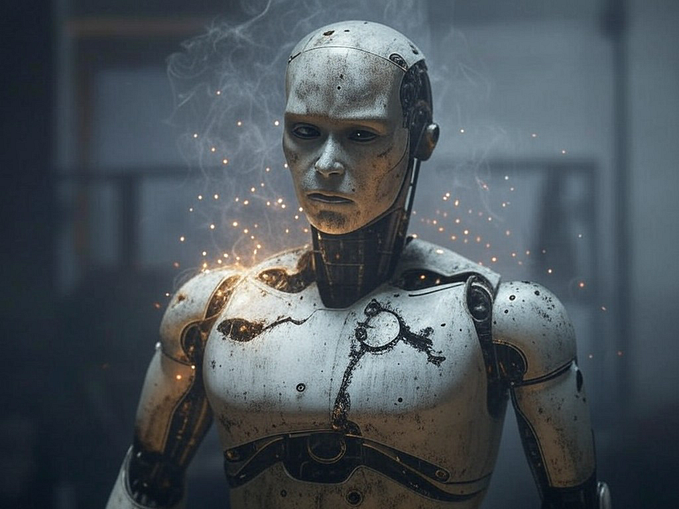
Let’s start with a question: what’s the difference between a drug and a potion?
A drug changes you, your body, and/or your experience, perception, or interpretation of the world. It changes your individual subjective experience. The external world remains the same. You may interact with the world differently due to the drug, and the world may react differently back at you because of your change, but fundamentally it is a unidirectional change. The drug does not directly alter reality outside of you. (Except literally, in the materials consumed in the making and transference of it to you.)
A potion may give you an experience or change you, but to be a potion, there’s an added element: it also changes the way the external world experiences, interacts with, or perceives you. If you take a potion that turns you into a dragon, or makes you taller, or makes you tiny, or gives you new powers, or makes you fall in love with someone, you and the world will interact with each other differently. It’s an externally-verifiable, objective, bidirectional change.
A story may be a drug, a potion, or both. A story that’s simply a drug will offer an experience. It’s primarily (or solely) entertainment. You may have an intense experience; you may enjoy the story or hate it; but when you come out of it, the world is the same. You yourself might have changed, might carry forward that experience with you, but the world is as it was.
A story that is a potion changes the world as well as the individual. For a story to be a potion it has to have a seed of truth somewhere at the heart of it. The particular seed that is true may not be the same seed that people think is true; for instance, a myth might be believed literally but instead say something that is psychologically true, and the fact that it feels true in the latter way may be used to argue its truth on the former level. It is very hard (probably impossible) for a story to be a potion if no one feels that it is true on any level. The more true a story is or feels (and in a certain way, those equate to the same thing), the more powerful a potion it can be. Myths and religious stories are some of the most powerful potions. Shakespeare created potions; we cannot accurately imagine what the world would be like without his work, because it has become so deeply embedded in our cultural DNA that we can no longer completely separate the strands.
Which brings us to retcons. Retcon stands for retroactive continuity. A retcon is defined as “a piece of new information that imposes a different interpretation on previously described events, typically used to facilitate a dramatic plot shift or account for an inconsistency.” In other words, a retcon is a story or piece of story that’s told out of order. It’s filled in later to bridge a gap, fix an inconsistency, or solve a problem in the story. It’s an addition that revises the story in a way that leads to reinterpretation.
All of history is a retcon. Always. The past is the past; it does not change. But our interpretation of the past is continually being updated. We view the past through our present lens. We reinterpret the actions of long-dead humans through our modern morality, and we tell new stories about what they did, why they did it, and if it was good or bad. This evolution is neither good nor bad in itself: it is inevitable. The only way for history to remain stagnant would be if we were stagnant. If we ceased to evolve, history would cease to evolve with us.
Religion is a retcon too. We see how things are; we come up with explanations (or through revelation, etc they are revealed to us) for how things came to be, and now we have retroactive continuity. We gain new understanding about the past, seen through the present. A new interpretation. Religion is a powerful retcon, and another that’s continually evolving.
A fascinating recent instance of a retcon comes from NBC’s fictional The Good Place, which in its third season retconned reality — offering an in-universe explanation for why our real, external world has gotten so weird. It was a joke, but it was also a retcon, and an unusually brilliant one. Enjoying a fictional universe like The Good Place requires suspension of disbelief, but it doesn’t require disbelieving our own world. Thus, inside the act of watching the show, an audience member who buys into the experience of The Good Place accepts the existence of two realities simultaneously: the universe of the show, and the universe she herself lives in. For the show to offer an explanation from its universe to explain ours is a remarkable variation on breaking the fourth wall and, perhaps, for a split second, making the viewer rethink their own reality.
Which leads me to my final conclusion: a retcon is a powerful potion, one of the most powerful that we have access to. When we tell a new story about what has already happened, be that our own personal history, our general shared history, God, or anything else, it shifts not only our understanding of our past, but also our understanding of our present, and by extension, our future.
The stories we choose to tell, and how we choose to tell them, are more powerful than ever. Through their potent effects, we can literally change ourselves and the world.










